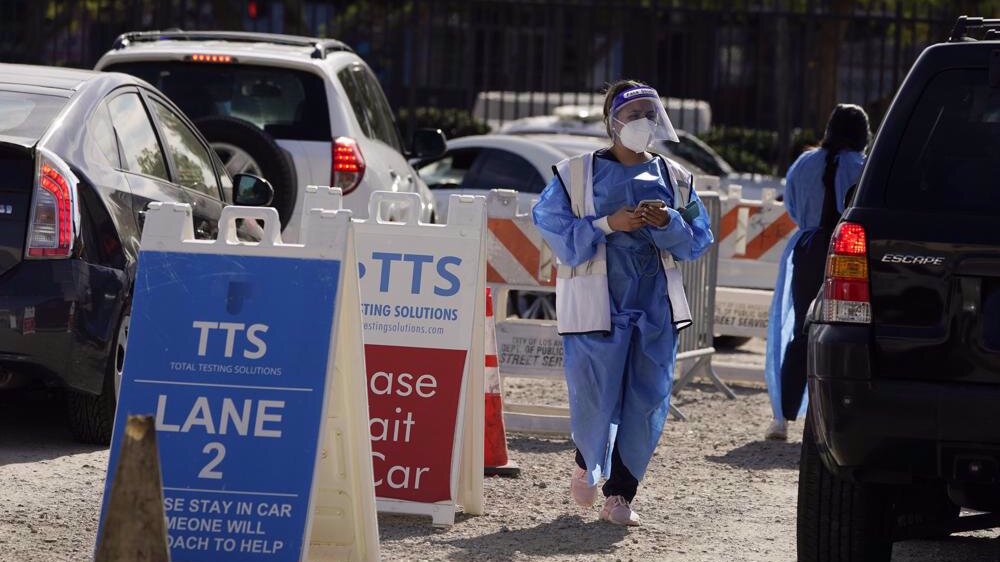Several European countries lifted COVID-19 curbs too ‘brutally’: WHO
Several European countries lifted their coronavirus curbs too “brutally” and are now seeing a rise in cases, the World Health Organization (WHO) warns.
Hans Kluge, the director of WHO Europe, said on Tuesday that a number of European countries including Germany, France, Italy, and Britain lifted their COVID-19 restrictions too soon.
Infections are rising in 18 out of 53 in the WHO European region, he said.
According to the WHO database, the number of new COVID-19 cases in Europe fell sharply after a peak at the end of January, but has been on the rise again since early March.
“The countries where we see a particular increase are the United Kingdom, Ireland, Greece, Cyprus, France, Italy, and Germany,” Kluge said.
He argued the main reason behind the increase was likely the highly transmissible BA2 variant, but in addition, “those countries are lifting the restrictions brutally from too much to too few.”
Over the past seven days, more than 5.1 million new cases and 12,496 deaths have been reported in the WHO’s European region.
That brings the number of cases since the start of the pandemic to almost 194.4 million and the number of deaths to more than 1.92 million.
Kluge said that he remained “optimistic but vigilant” about the pandemic’s development in Europe.
Health experts have said the surge is probably due to a range of factors including the reduced immunity offered by vaccines over time, the relatively high transmission rate of Omicron and its BA2 subvariant, and the relaxing of curbs.
Most pandemic restrictions were lifted in Germany’s “Freedom Day” on Sunday despite the seven-day rolling average of new daily cases per million hitting 2,619 on Saturday, the highest since the start of the pandemic more than two years ago. “The situation is much worse than the mood,” the health minister, Karl Lauterbach, warned.
Controls in France – including the requirement to wear masks in most indoor settings and a vaccine pass to access cafes, cinemas, and restaurants – were lifted early last week, but its daily average per million has surged to 1,331 from 774 on 5 March.
“For the past few days, the number of people being admitted to hospital each day has stopped falling,” France’s health minister, Olivier Véran, acknowledged, adding that he expected to see the number of new infections “continue to rise until about the end of March, before falling back again in April.”
Italy announced last week that people would no longer have to show proof of vaccination or a negative test to enter indoor public spaces from 1 May and masks are no longer required indoors from 30 April.
The world will have to live with the coronavirus “for quite a time, but that does not mean that we cannot get rid of the pandemic,” Kluge said.
To be able to do so, he continued, countries must protect vulnerable people, strengthen surveillance and sequencing, and make sure they had access to new antiviral medicines.
“Enemy’s defeat is certain’: Iran Army chief derides enemy’s claim of invincibility
Explainer: How job scarcity is pushing working-class Americans to enlist in the military
Israel abducted over 100 Palestinians in West Bank since start of Ramadan: Rights group
Israel conducted 41 incursions into Syria in February amid HTS silence: Report
In letter to Araghchi, Hamas outlines repeated Israeli violations of Gaza ceasefire
Pezeshkian says ‘encouraging' signal received in US talks but Iran ready for any scenario
North Korea’s Kim re-elected Workers’ Party general secretary
Iran, Oman consult on arrangements for next round of nuclear talks















 This makes it easy to access the Press TV website
This makes it easy to access the Press TV website